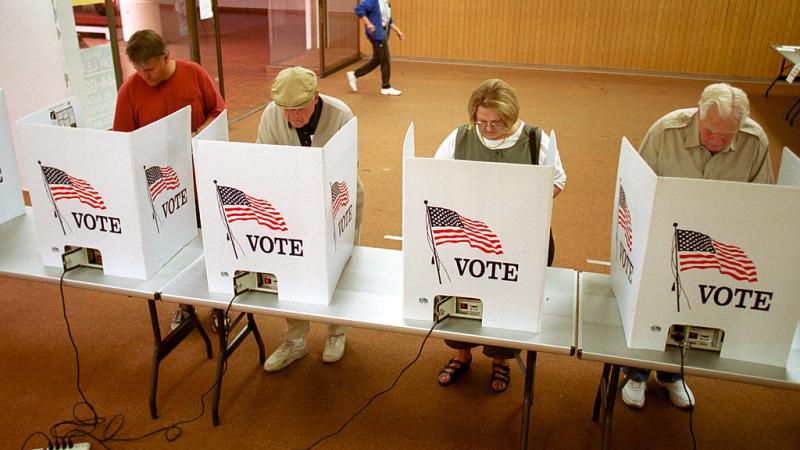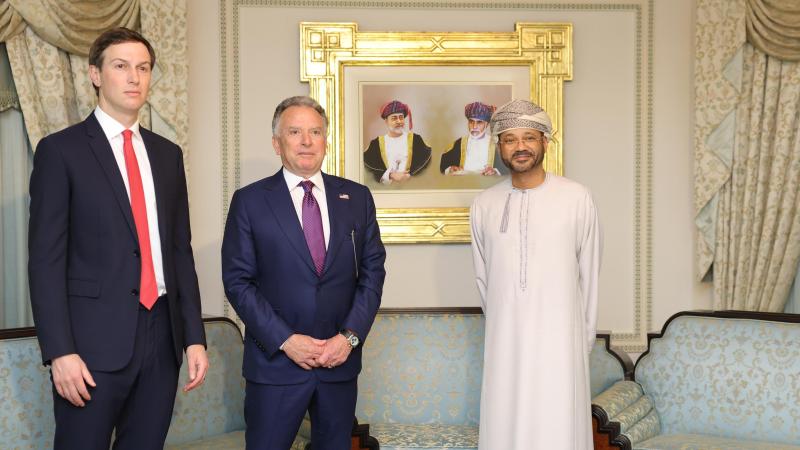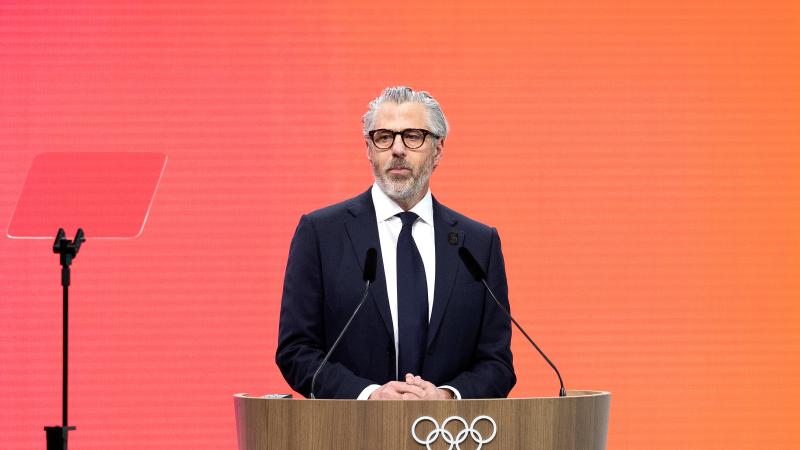Belarus is mobilizing for war after long aiding the Russian invasion
Even a modest invasion force could have a far reaching impact on both the conflict and humanitarian situation.
Even before the Belarusian Army began its “mobilization exercises” to ready for the country’s full entry into the Russo-Ukrainian War, President Alexander Lukashenko’s government was aiding Moscow’s invasion from the outset.
The Belarusian Ministry of Defense announced last week that the military would conduct “mobilization exercises” through July 1 in the Gomel region, which shares a border with Ukraine.
Ukraine’s Ministry of Defense stated the day before that it saw “no signs of preparations for an offensive with Belarus,” according to Ukrinform. The announcement of mobilization exercises, however, coupled with the bellicose rhetoric from Lukashenko, seems to suggest such an operation is possible.
Belarus has not formally declared war against Ukraine, nor has Russia. But the Lukashenko government has aided the Kremlin by serving as a staging ground for the Russian military in the lead up to and during the war.
Belarus borders Ukraine’s Volyn, Rivne, Zhytomyr, Kyiv, and Chernihiv Oblasts. Russian forces launched initial thrusts toward Kyiv and Chernihiv through Belarusian territory at the war’s outset.
Moreover, the Russians have launched airstrikes and missile attacks against Ukrainian targets countrywide from military installations inside the Russian satellite nation. Russia has established Iskander missile launch sites as far to the west as Brest, situated near the Belarusian border with Poland, according to the Ukrainian General Staff.
Such missile positions have allowed for military action against Ukrainian targets far from the front lines, including the major western region of L’viv, which also shares a border with Poland.
Ukrainian President Volodymyr Zelensky last week met with defense officials and ordered a readiness check for exactly such an attack, per PRM Ukraine, indicating that the highest authorities in Kyiv remain wary of the prospect of a Belarusian intervention.
Any attack would not be a hasty undertaking as Minsk has been laying the groundwork for military operations since at least early May, deploying special operations forces to its border regions on May 10, which the General Staff claimed was a response to Ukrainian forces mounting on their side.
The Defense Ministry announced it would begin transitioning its military to wartime preparedness on June 7.
The Belarusian General Staff commands a force significantly smaller than those of Russia and Ukraine. As of early June, the armed forces included 45,000 active personnel, according to Ukrayinska Pravda.
Ukrainian General Staff, however, stated at the time that Minsk had created a Southern Operational Command and was moving to nearly double the armed forces to 80,000 to be quickly equipped with existing supplies Belarus had in storage. Any prospective invasion force, however, will likely be a fraction of that size after filling logistics and support positions, though the Belarusian army has many trained reservists due to its nature as a largely conscripted military.
Even a modest invasion force could have a far reaching impact on both the conflict and humanitarian situation. With a separate logistical infrastructure supporting it, a Belarusian expedition into Ukraine could conceivably open a second front in any of the border oblasts.
Among the prospective targets are the Lutsk and Rivne Oblasts which have yet to see significant foreign occupation efforts, per Livemaps. With much of the Ukrainian Army resisting the Russian advance through Donbass, a Belarusian force could benefit from facing lighter defenses and position itself between Kyiv and land routes through which supplies from Ukraine’s western supporters flow.
Additionally, the arrival of invading forces in western territories that have yet to endure foreign occupation could spark a second wave of mass emigration from Ukraine. Over 5 million refugees have fled the country while 7 million more have been displaced internally. The country had a pre-war population of 44 million.
The country’s military complicity in the invasion stems largely from its government’s relationship with Russia. Since the fall of the Soviet Union, Belarus has maintained extremely close ties with Russia. The Russian language is widely spoken among the country’s 9.3 million inhabitants, per the Encyclopedia Britannica, and the Orthodox Church counts nearly half of Belarusians among its members.
The country’s first and only president, Alexander Lukashenko, came to power in 1994. Under his leadership, Belarus entered into the Union State with Russia, a supranational organization designed to integrate the economic and defense systems of the two countries.
Russian state media outlet Tass reported in May that Russia and Belarus were tightening their relationship amid the war in Ukraine and highlighted that the mini-bloc had agreed to a number of economic programs in late 2021, which Radio Free Europe/Radio Liberty detailed. While Belarus remains officially sovereign as of 2022, the Union State continues to link the military apparatuses of Belarus to the Kremlin. Both are also members of the Collective Security Treaty Organization, a mutual defense bloc of former Soviet states.
Belarus, moreover, shares political interests with its eastern neighbor as Lukashenko holds power in a manner similar to that of Russian President Vladimir Putin. Lukashenko was elected legitimately in 1994, but has remained in power through a series of suspect elections widely panned by the international community as rigged.
Regime security has forcefully suppressed opposition to Lukashenko’s rule, in one instance grounding an international flight using its airspace to arrest an opposition journalist. The move prompted widespread international outrage and prompted a round of sanctions from the European Union, the United States, the United Kingdom, and Canada. Belarus, like Russia, is economically and politically isolated from much of the western world.
Minsk has thus far tried to have it both ways throughout the conflict. Much of the government's rhetoric has linked Belarus with Russia as victims of outside meddling. Lukashenko has vitriolically denounced the western world’s efforts to defend Ukraine and impose sanctions on Russia and Belarus. In May, he accused the West of waging “full-scale hybrid aggression against Belarus and Russia,” according to Tass. He even went so far as to make the unsubstantiated claim that Poland is seeking western Ukrainian territory and that the Belarusian military would necessarily intervene to prevent such a development, per MIRBY.
Lukashenko has also, however, attempted to portray his nation as a non-combatant and even-handed party, denying in mid-June that he plans to invade and asserting that an attack against Ukraine would be the result of Kyiv striking first. To that end, Belarus hosted peace talks between Russia and Ukraine earlier this year, though the negotiations did not result in a ceasefire.















